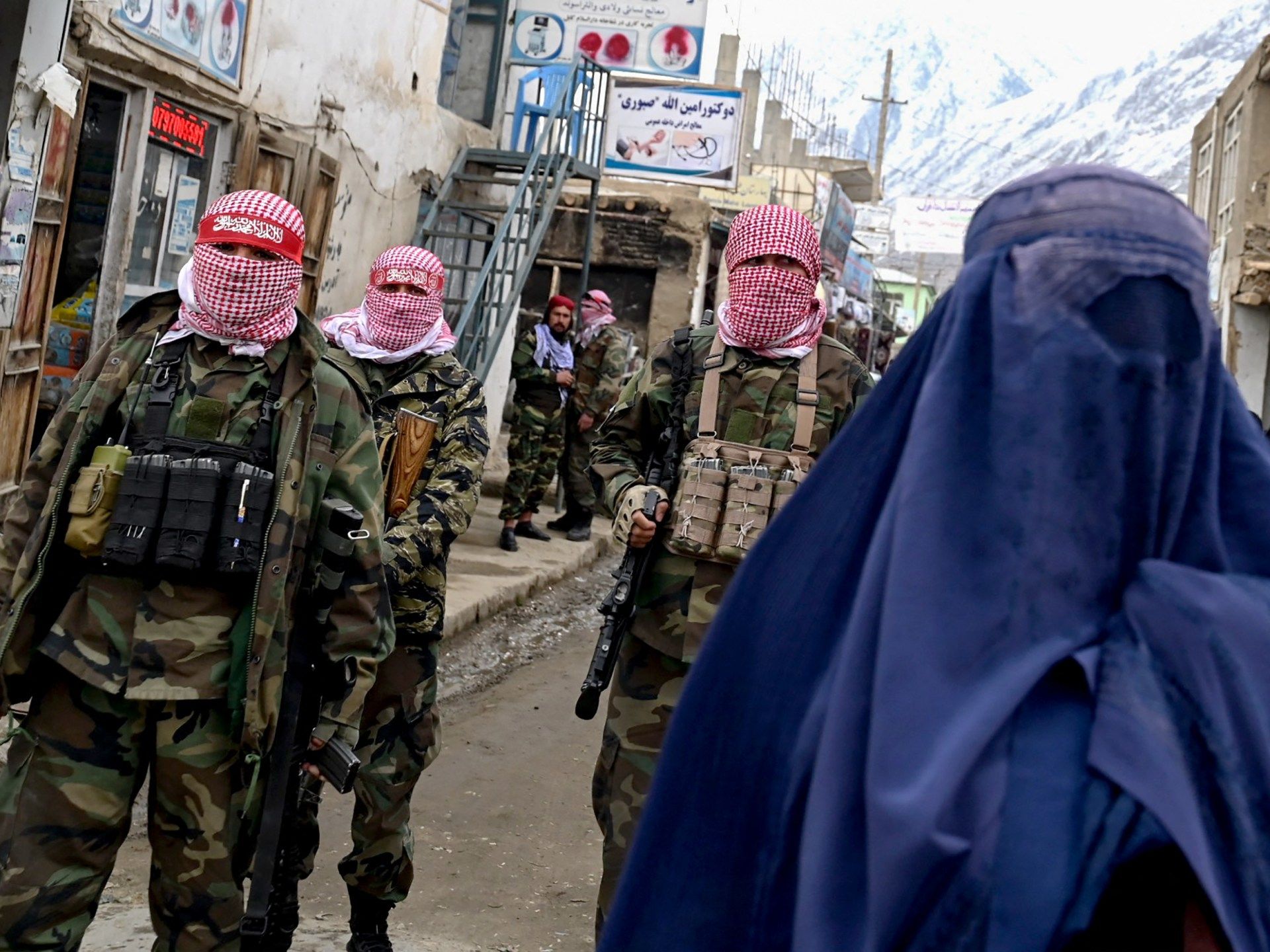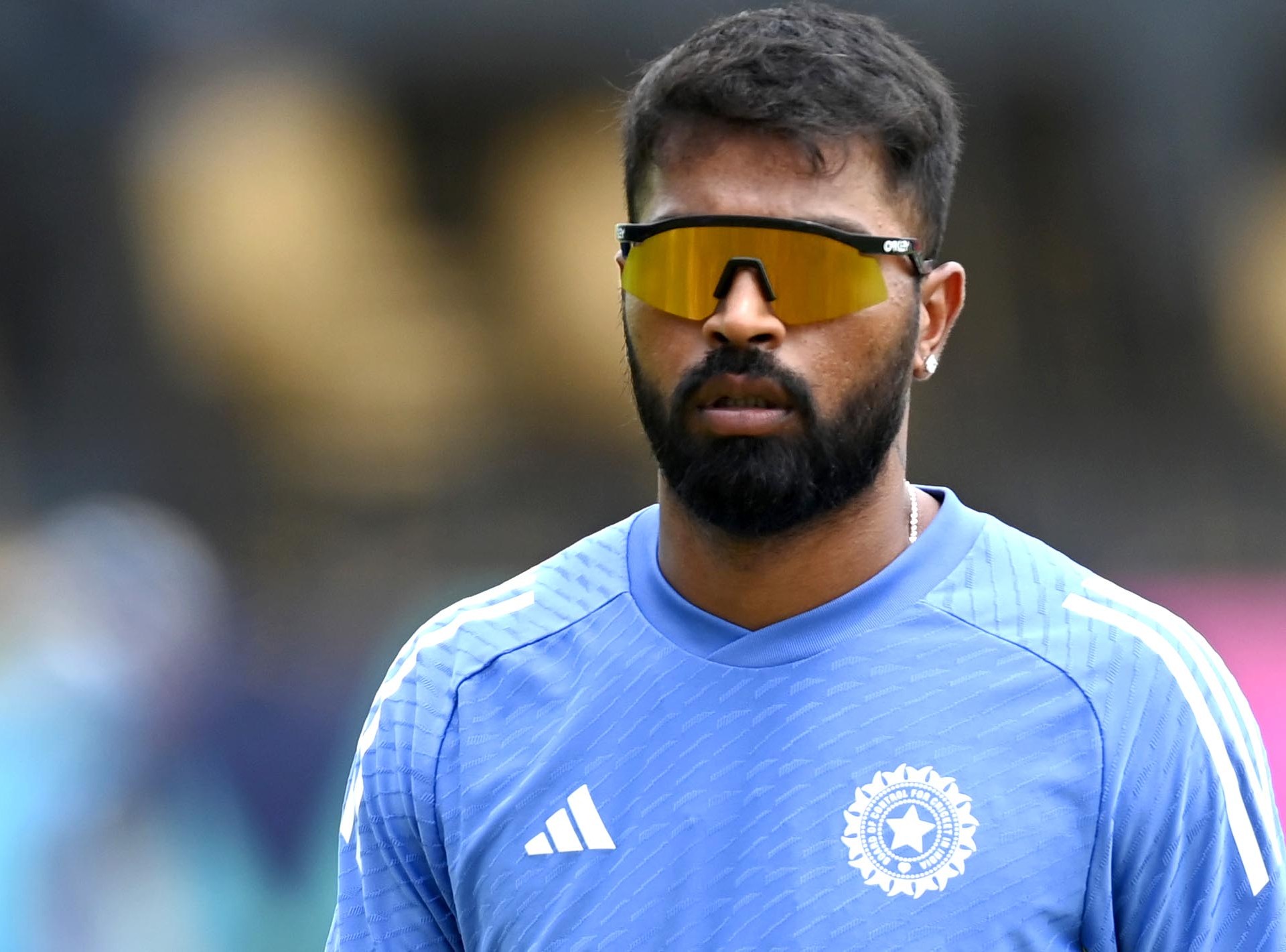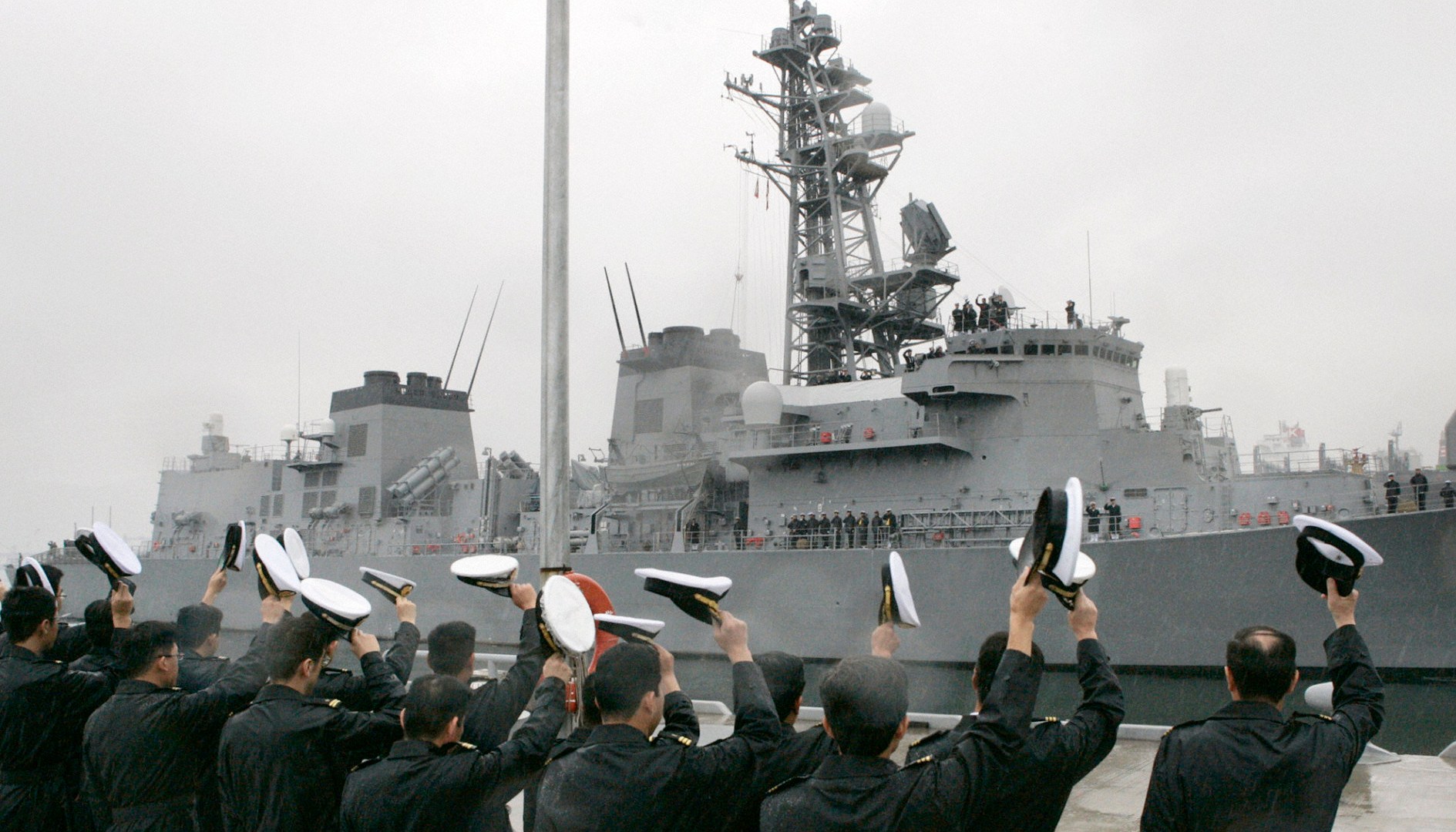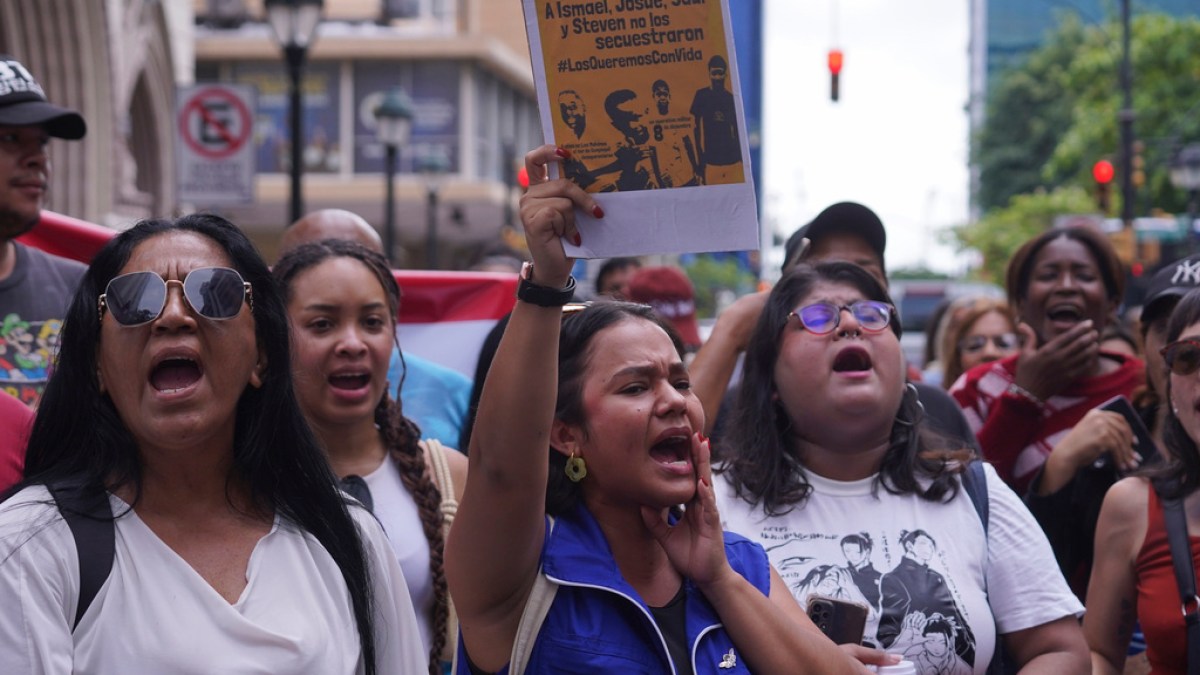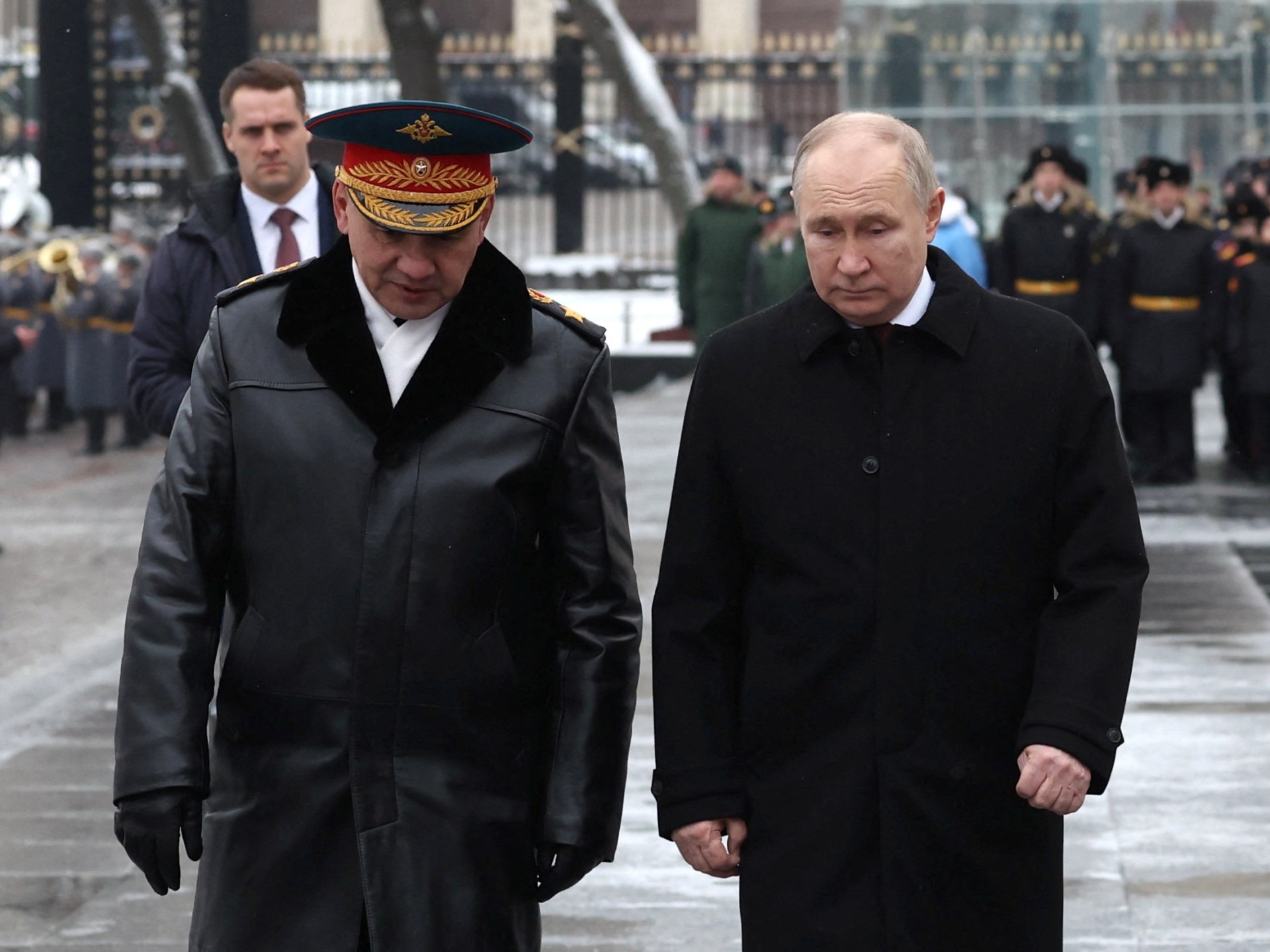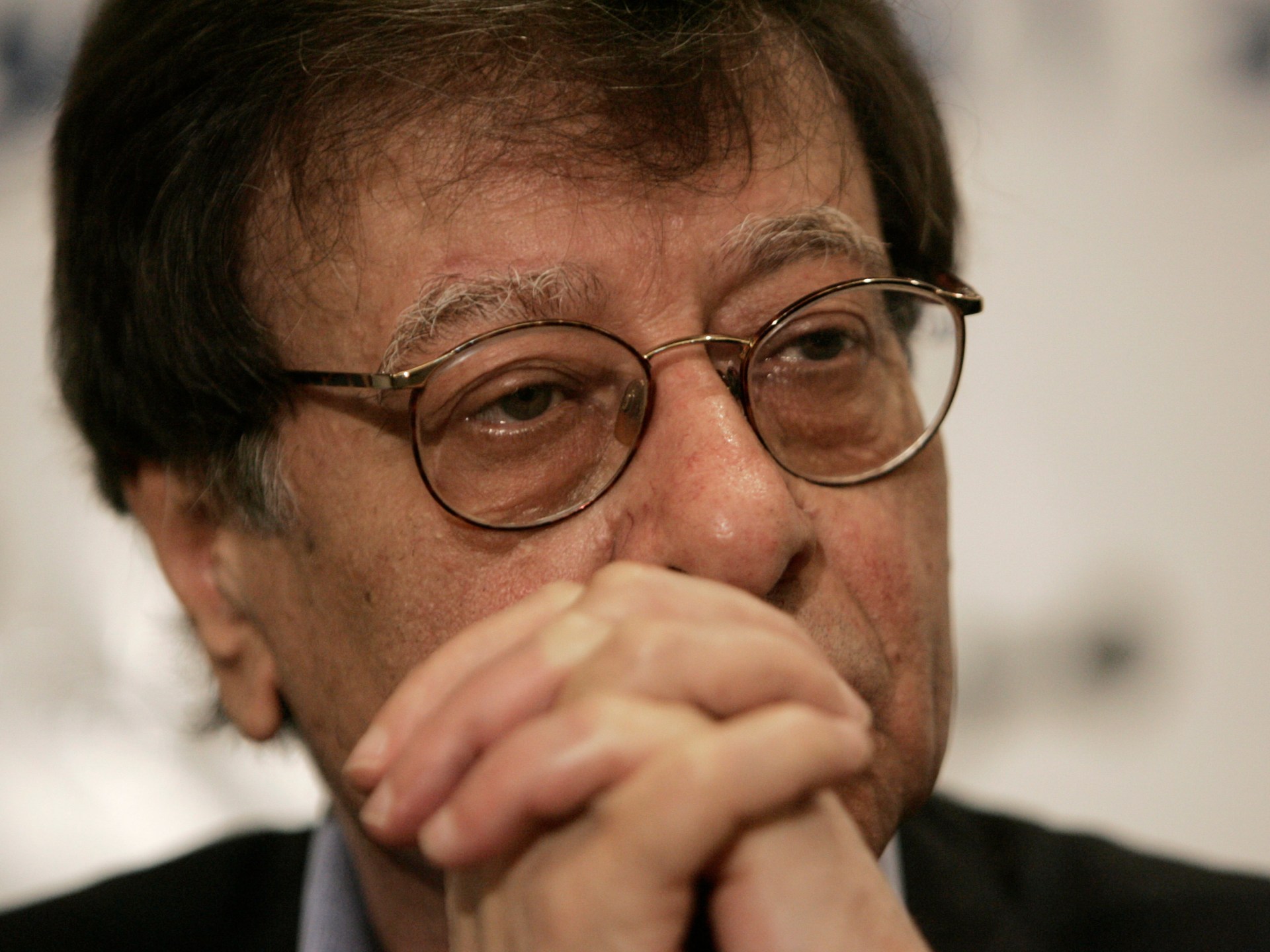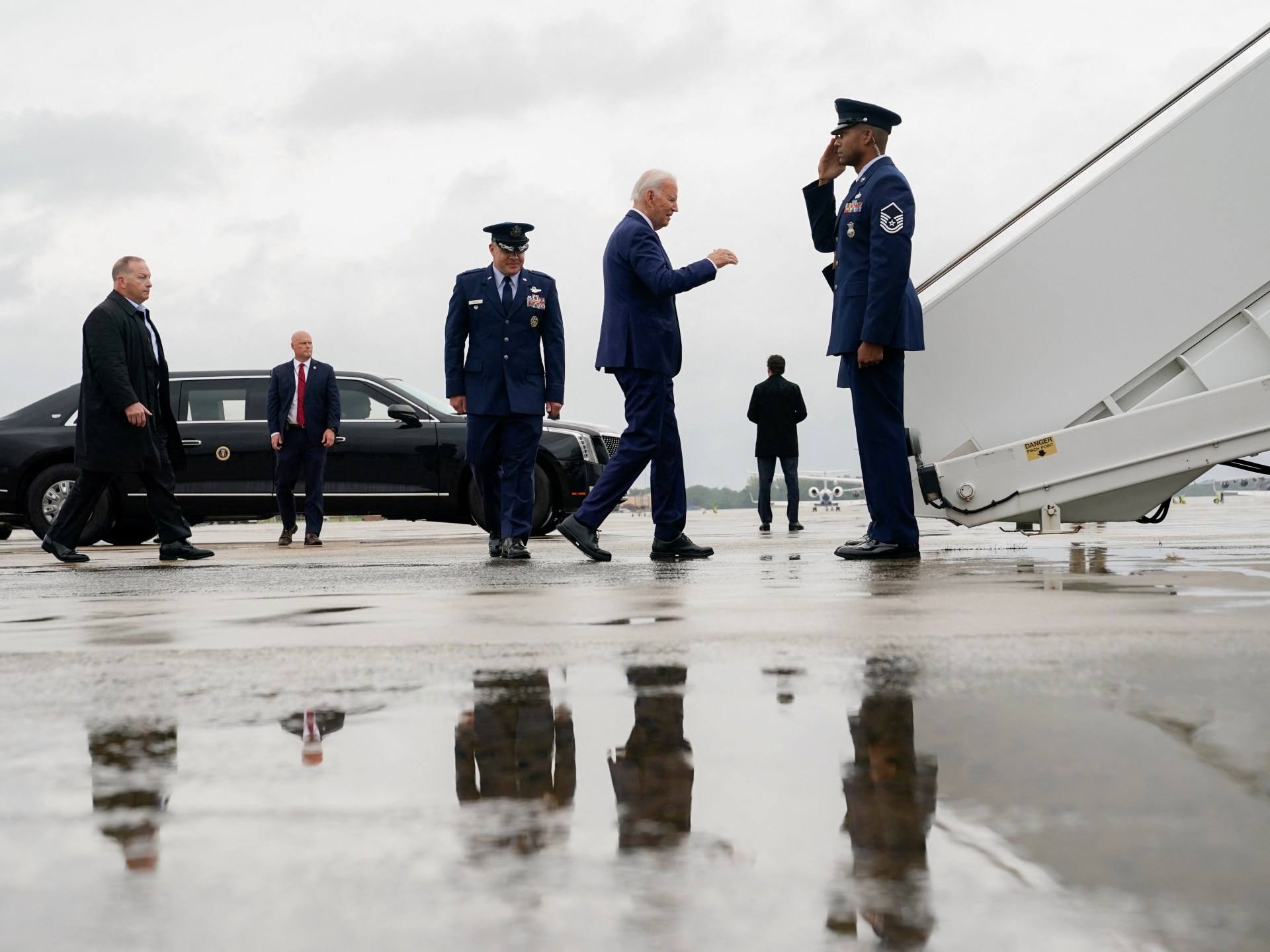Delegations from Afghanistan and about 30 other countries arrived in Doha to begin a third round of United Nations-sponsored talks on the South Asian country's integration into the international community.
This is the first time that the Taliban will be present at these talks.
Who will be there?
Zabihullah Mujahid, spokesman for the Islamic Emirate of Afghanistan, will lead the Afghan delegation.
The Taliban have also deployed government officials responsible for banking, trade and narcotics control.
UN Secretary-General Antonio Guterres will not be present. He had attended the two previous meetings held since the Taliban took power in August 2021, but this time the UN will be represented by Rosemary DiCarlo, Under-Secretary-General for Political and Peacebuilding Affairs.
Qatar's special envoy to Afghanistan, Faisal bin Abdullah al-Hanzab, will be present, as will US special representatives for Afghanistan, Thomas West and Rina Amiri.
What's on the agenda?
The UN says the talks are part of an ongoing process aimed at a future in which Afghanistan is at peace internally and with its neighbours, fully integrated into the international community and where it complies with its international obligations, including those relating to human rights, in particular the rights of women and girls.
The Taliban, on the other hand, are keen to discuss restrictions on the country's banking and financial systems – the main challenges to the growth of its private sector – as well as measures they are taking against drug trafficking.
Among the Taliban's demands is the release of some $7 billion of the country's central bank reserves frozen in the United States. They also plan to discuss providing farmers with alternative sources of livelihood following the ban on poppy cultivation.
Afghanistan is the world's largest producer of opium and has long battled illegal drug trafficking. Large quantities of heroin and methamphetamine are also produced in the country. According to UN estimates, some four million people in the country, almost 10 percent of its total population, are drug users.
In April 2022, the Taliban introduced strict new laws banning poppy cultivation. In the seven months following the ban, poppy cultivation and opium production plummeted by more than 90 percent, decimating a key business for thousands of farmers and workers, according to a UN report.
Do these talks mean recognition for the Taliban?
The meeting does not amount to official recognition.
The group has, however, welcomed the talks as they aim to save Afghanistan's cash-strapped economy, expand relations with trading partners and tackle its drug problem.
“The Doha meeting will discuss the independent assessment on the engagement with Afghanistan presented to the [UN] Security Council in November 2023,” a Qatari source told Al Jazeera.
The Taliban refused to participate in the first meeting hosted by Doha in May 2023, saying their demands – including recognition of their emirate as Afghanistan's sole official representative and assurances that its governance would not be criticized – were not being met. .
When the second meeting took place in February this year, the Taliban said their invitation had been “sent too late” to attend, while the UN’s Guterres said the group had set unacceptable conditions for their attendance, including demands that members of Afghan civil society be excluded from the talks.
Another point of contention has been the appointment of a UN special representative for Afghanistan, proposed by Guterres in December and subsequently approved by the UN Security Council and ratified at the February meeting.
The United Nations special representative coordinates the work of the UN and acts as the political representative of the secretary-general in the country to which he or she has been designated. The agenda for the third Doha meeting does not include discussions on the appointment of a special representative for Afghanistan.
Will women be included in the conversations?
No. The meeting organizers have been criticized for not inviting women, and the UN Committee on the Elimination of Discrimination against Women said it is “deeply concerned” about the exclusion.
“Failure to ensure participation will only further silence Afghan women and girls who already face increasing violations of their rights,” she said in a statement earlier this week.
Human Rights Watch called the decision to exclude women “shocking.”
Heather Barr, associate director of Human Rights Watch, strongly disapproves of the decision to exclude human rights from the agenda of the upcoming Doha meeting on Afghanistan.
She called the omission “shocking.” image.twitter.com/hQKUb23f4P
— Amu TV (@AmuTelevision) June 28, 2024
Women and girls in Afghanistan have increasingly been denied access to education and employment, and restrictions have been placed on their movement and presence in public spaces since the Taliban returned to power in 2021.
In March 2022, the Taliban decided not to reopen schools for girls beyond the sixth grade. Girls and women are also barred from higher education, despite calls from some Islamic scholars and Muslim-majority countries to reverse these policies. In 2022, a Taliban official acknowledged to Al Jazeera that Islam grants women the right to education, work and entrepreneurship.
In 2022, the Taliban banned women from using public gyms and parks and working with national and global non-governmental groups. They also imposed a dress code that required women to be covered from head to toe with only their eyes showing.
What do women's rights activists say?
An Afghan activist, whose identity is being withheld for security reasons, told Al Jazeera that women in Afghanistan have been in a “strange and shocked state” since the Taliban took power.
“Unfortunately, Afghanistan is known as a country where women are not allowed to study, progress or work. If you go to our province or any corner of Afghanistan, I don’t think anyone has any problems with women’s education or work,” she said.
He added that he feels that “the whole world [has] “turned their backs” on Afghan women. “They gave hope to Afghans, took it away and turned their backs on them.”

